TSC1
Recent articles
The cloudy connection between fragile X and cancer
People with the autism-linked syndrome lack a protein implicated in several cancers, but it’s unclear whether — or how — they are protected from malignancies.
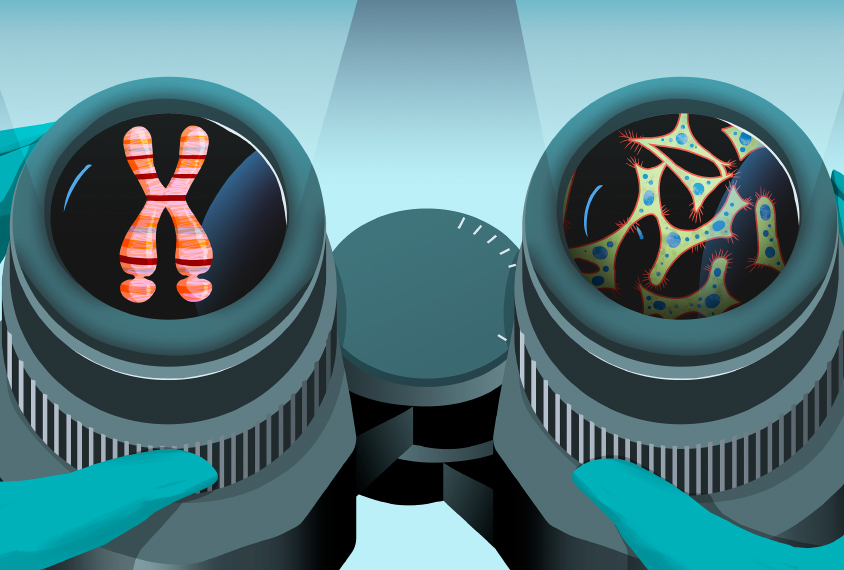
The cloudy connection between fragile X and cancer
People with the autism-linked syndrome lack a protein implicated in several cancers, but it’s unclear whether — or how — they are protected from malignancies.
Autism model mice develop typical social and motor behaviors after drug treatment
The drug suppresses an overactive signaling pathway implicated in tuberous sclerosis complex.
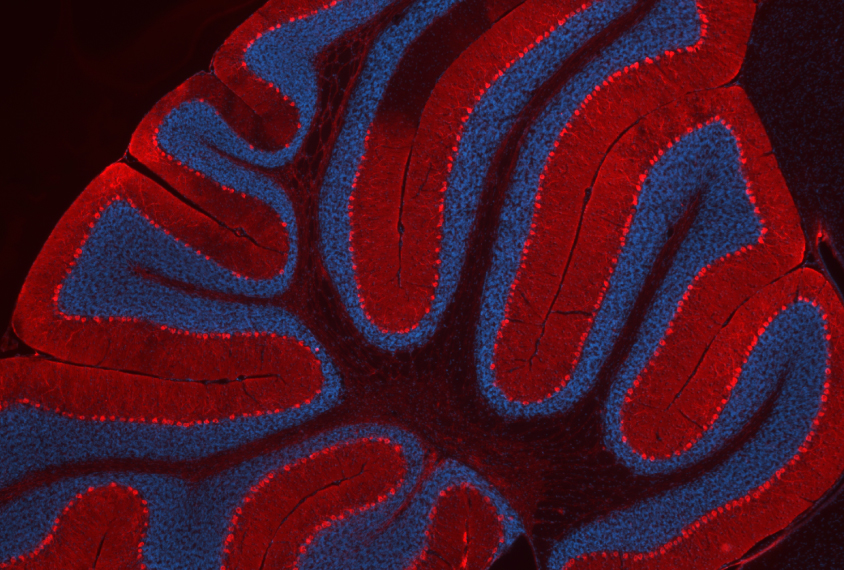
Autism model mice develop typical social and motor behaviors after drug treatment
The drug suppresses an overactive signaling pathway implicated in tuberous sclerosis complex.
Cracking autism’s sleep conundrum
Sleep problems may contribute to or derive from autism traits — or both. After decades of work, researchers are beginning to uncover the biological connections between the two conditions, revealing new paths to potential treatments.
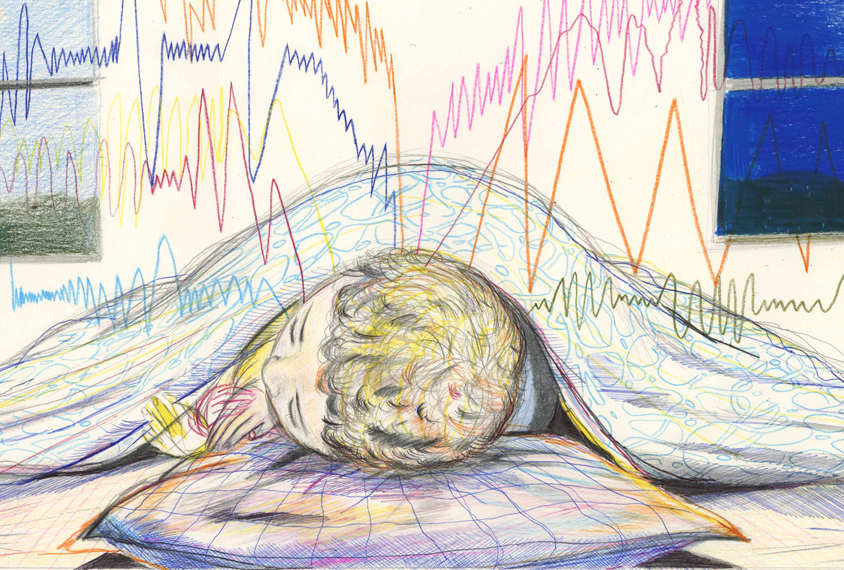
Cracking autism’s sleep conundrum
Sleep problems may contribute to or derive from autism traits — or both. After decades of work, researchers are beginning to uncover the biological connections between the two conditions, revealing new paths to potential treatments.
Molecular overlap links tuberous sclerosis, fragile X
Brain cells from the cerebellums of mice that model tuberous sclerosis show dampened levels of proteins controlled by FMRP, the protein missing in fragile X syndrome.
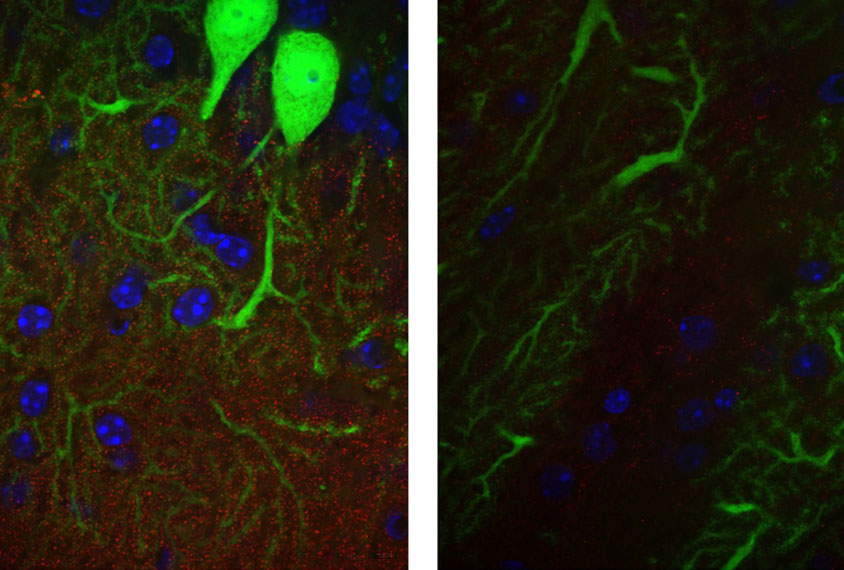
Molecular overlap links tuberous sclerosis, fragile X
Brain cells from the cerebellums of mice that model tuberous sclerosis show dampened levels of proteins controlled by FMRP, the protein missing in fragile X syndrome.
Extra proteins alter microglia and behavior in mice
The overproduction of proteins in brain cells called microglia causes social impairments, cognitive deficits and repetitive behavior in male mice, a new study has found.
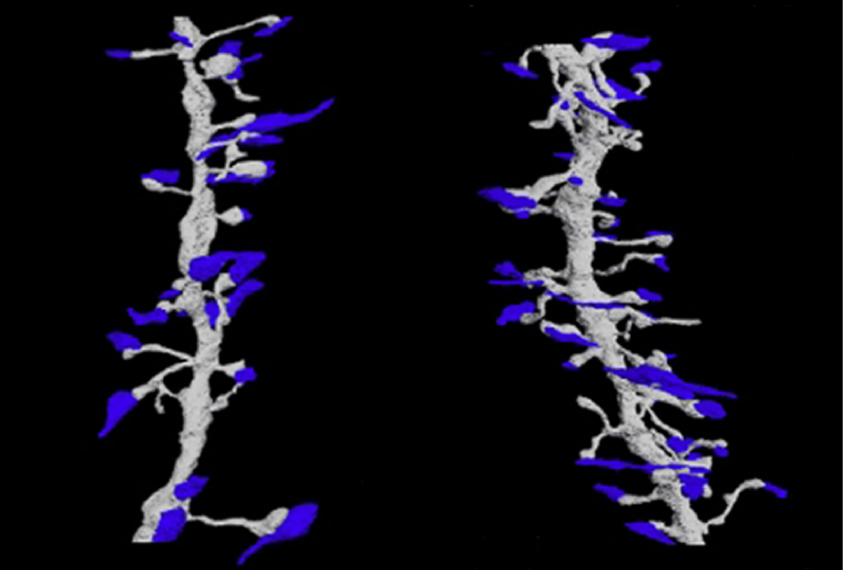
Extra proteins alter microglia and behavior in mice
The overproduction of proteins in brain cells called microglia causes social impairments, cognitive deficits and repetitive behavior in male mice, a new study has found.
Brain’s motor hub plays unsung role in social skills, cognition
Long known as the director of movement, the cerebellum may also coordinate social and cognitive abilities, including those central to autism.
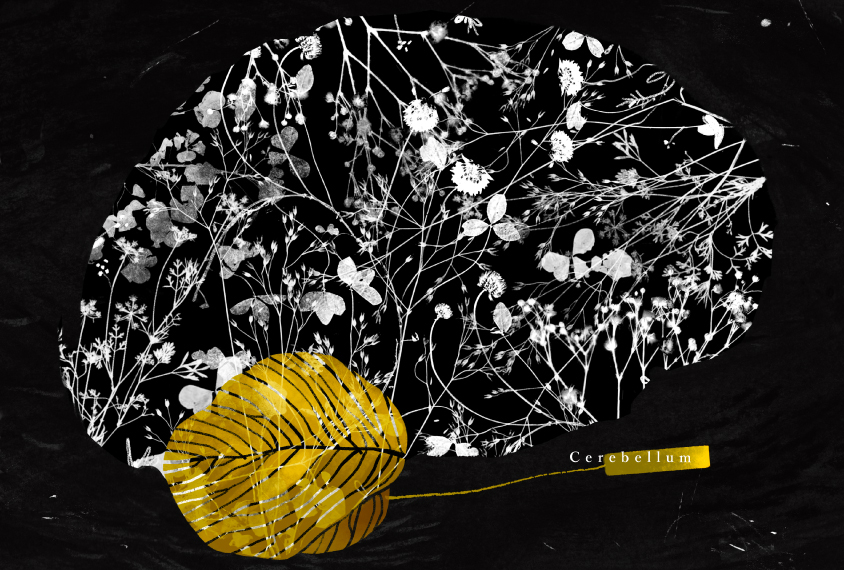
Brain’s motor hub plays unsung role in social skills, cognition
Long known as the director of movement, the cerebellum may also coordinate social and cognitive abilities, including those central to autism.
Studies of tuberous sclerosis may shed light on biology of autism
Tuberous sclerosis provides a unique opportunity to understand autism because about half of people with that single-gene condition also have autism.
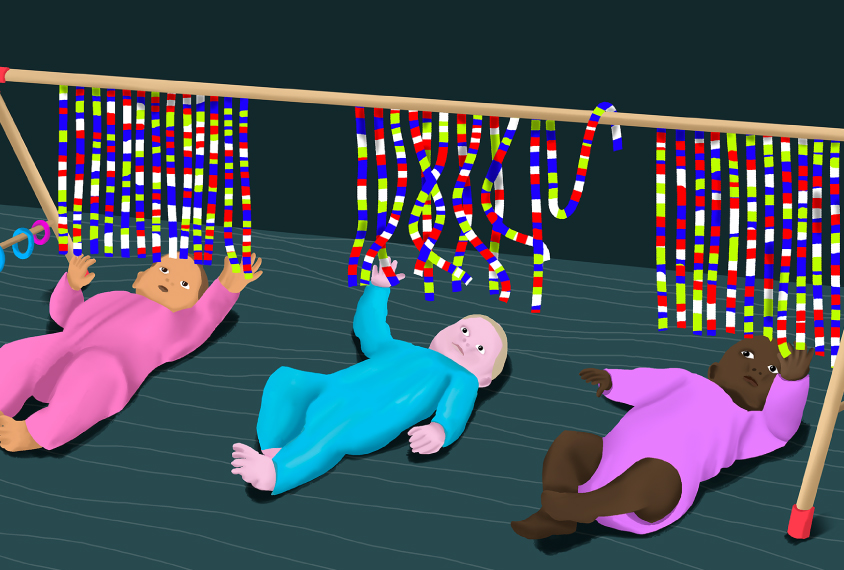
Studies of tuberous sclerosis may shed light on biology of autism
Tuberous sclerosis provides a unique opportunity to understand autism because about half of people with that single-gene condition also have autism.
Trial results temper hopes of tumor drug for treating autism
A drug that treats tumors and epilepsy in people with tuberous sclerosis complex does not boost their intelligence or ease autism traits.
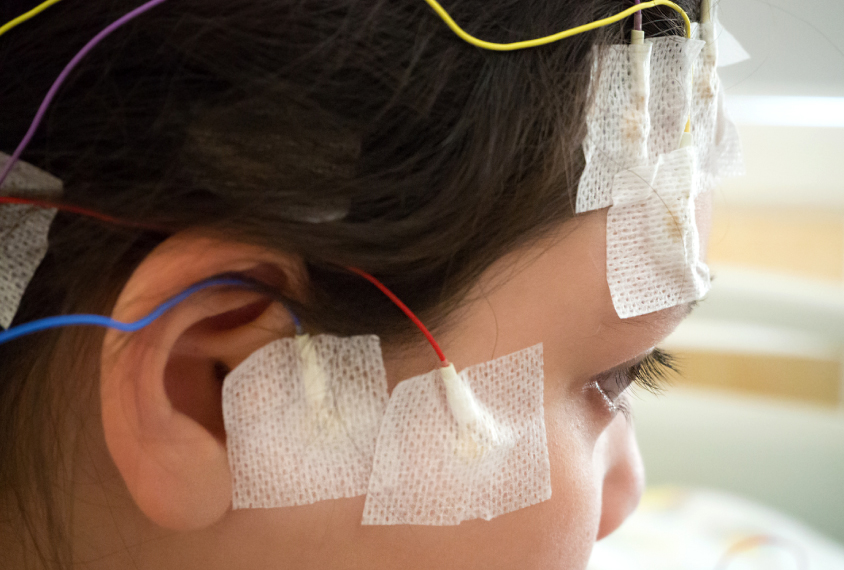
Trial results temper hopes of tumor drug for treating autism
A drug that treats tumors and epilepsy in people with tuberous sclerosis complex does not boost their intelligence or ease autism traits.
Cerebellum’s role in autism may depend on timing
Two studies published in the past two months provide new clues to when and how the cerebellum contributes to autism.
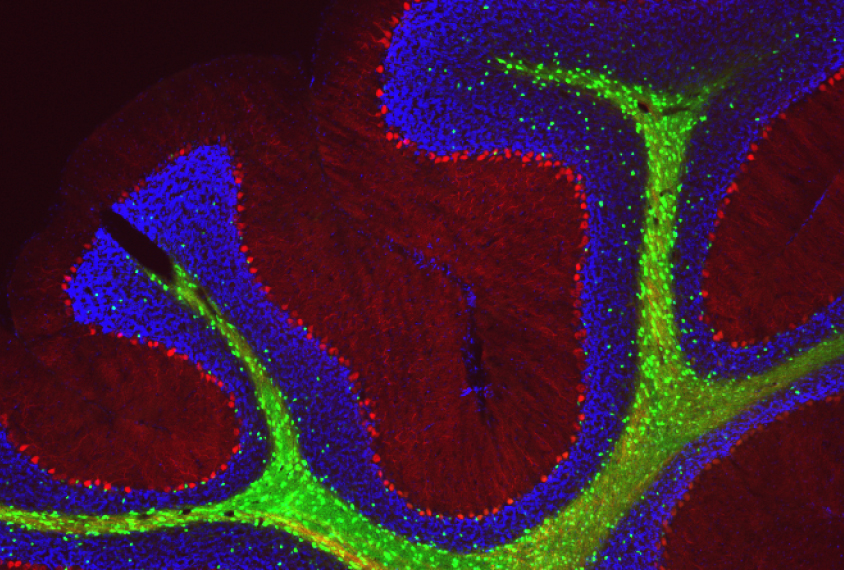
Cerebellum’s role in autism may depend on timing
Two studies published in the past two months provide new clues to when and how the cerebellum contributes to autism.
Family ties: Sabatini brothers crack codes that may underlie autism
David and Bernardo Sabatini, brothers born just a year and a half year apart, invent their way to answering big questions about autism.
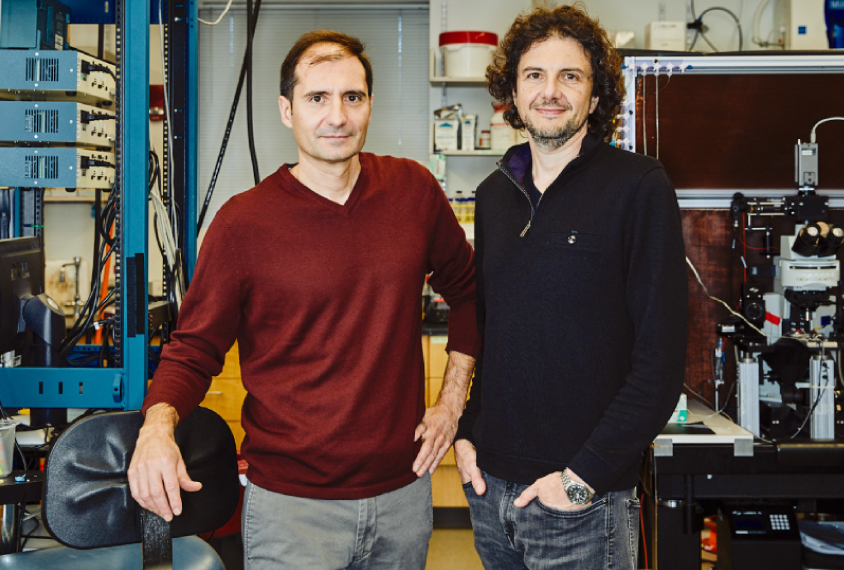
Family ties: Sabatini brothers crack codes that may underlie autism
David and Bernardo Sabatini, brothers born just a year and a half year apart, invent their way to answering big questions about autism.
Explore more from The Transmitter
How insights from network theory can boost interdisciplinary efforts
Communication on one interdisciplinary research team improved after the researchers turned an analysis technique used to study the brain on themselves and identified the roles people played in lab meetings.
How insights from network theory can boost interdisciplinary efforts
Communication on one interdisciplinary research team improved after the researchers turned an analysis technique used to study the brain on themselves and identified the roles people played in lab meetings.
Frameshift: Raphe Bernier followed his heart out of academia, then made his way back again
After a clinical research career, an interlude at Apple and four months in early retirement, Raphe Bernier found joy in teaching.

Frameshift: Raphe Bernier followed his heart out of academia, then made his way back again
After a clinical research career, an interlude at Apple and four months in early retirement, Raphe Bernier found joy in teaching.
Organoid study reveals shared brain pathways across autism-linked variants
The genetic variants initially affect brain development in unique ways, but over time they converge on common molecular pathways.

Organoid study reveals shared brain pathways across autism-linked variants
The genetic variants initially affect brain development in unique ways, but over time they converge on common molecular pathways.